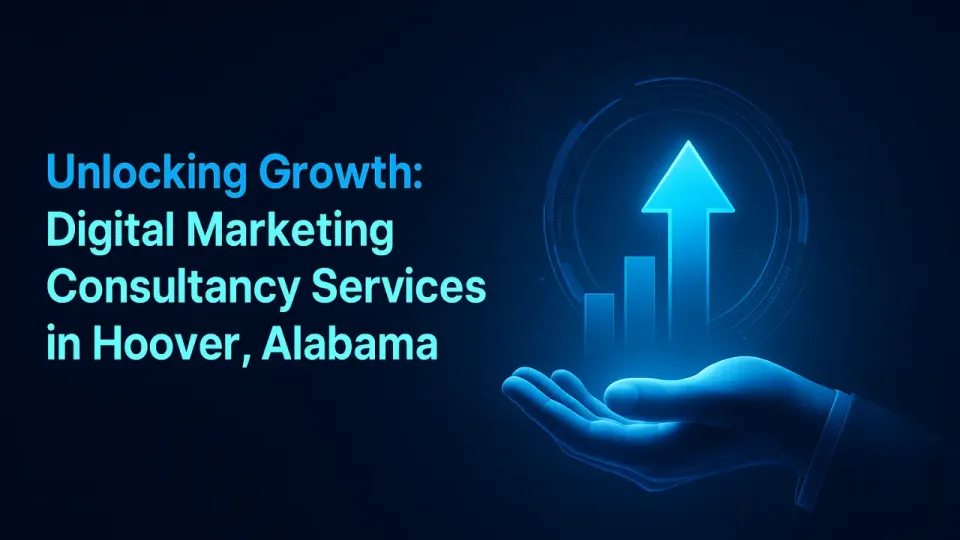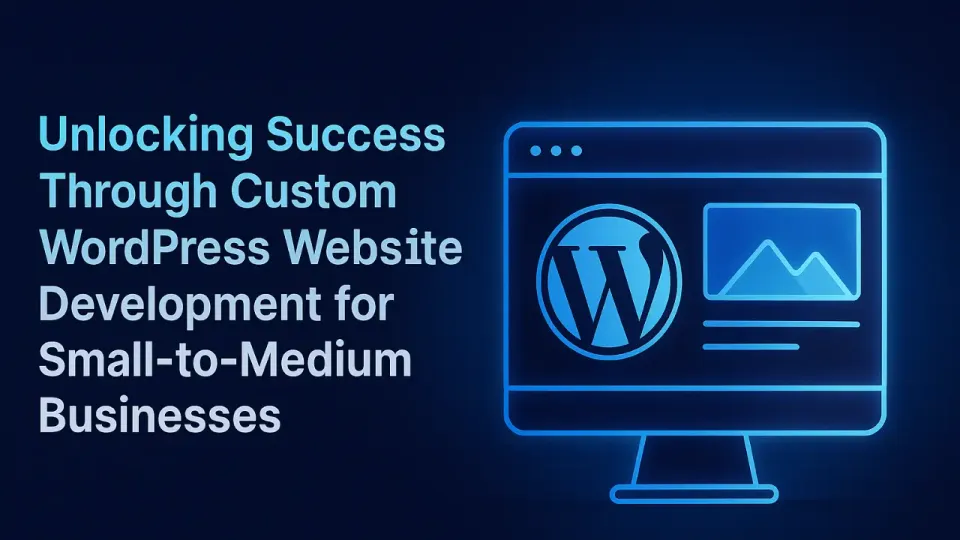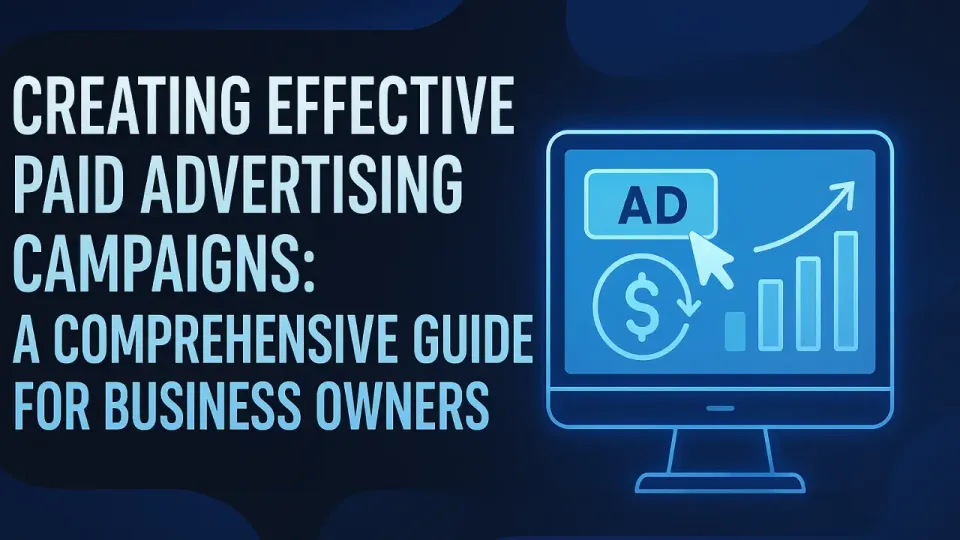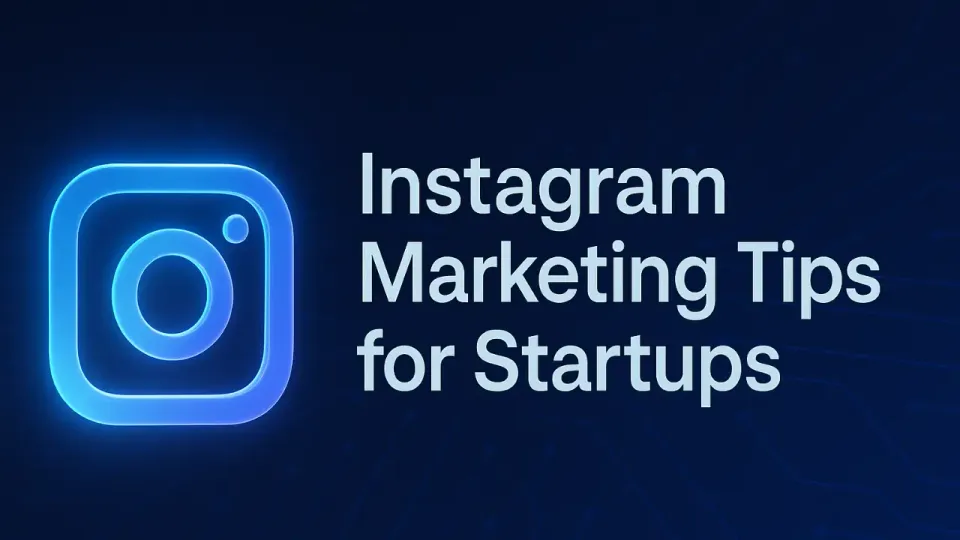The Benefits of Marketing Automation for Small Businesses
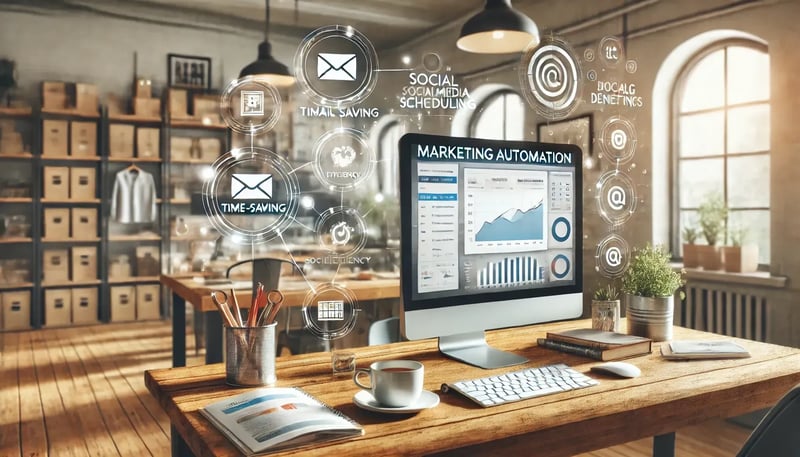
In today's fast-paced digital world, small businesses face the challenge of competing with larger enterprises that have more resources and manpower. However, with the rise of marketing automation, the playing field has leveled significantly. Marketing automation offers small businesses the opportunity to streamline their operations, engage with customers more effectively, and ultimately, grow their business with less effort. This article explores the myriad benefits of marketing automation for small businesses and how it can be a game-changer in their marketing strategy.

Understanding Marketing Automation
Marketing automation refers to the use of software platforms and technologies designed to automate repetitive marketing tasks. These tasks include email marketing, social media posting, lead nurturing, customer segmentation, and analytics. By automating these processes, small businesses can save time, reduce human error, and create more personalized marketing campaigns.

The Role of Marketing Automation in Small Businesses
Marketing automation is not just a tool for large enterprises; it is increasingly becoming essential for small businesses. Small businesses often operate with limited staff and resources, making it challenging to manage all aspects of marketing effectively. Marketing automation helps bridge this gap by allowing small businesses to scale their efforts without the need to hire additional personnel. Whether it's scheduling social media posts or sending out personalized email campaigns, marketing automation enables small businesses to stay competitive in a crowded market.
Increased Efficiency and Productivity
One of the most significant benefits of marketing automation for small businesses is increased efficiency. Automation allows businesses to automate repetitive tasks, freeing up valuable time for employees to focus on more strategic activities. For example, instead of manually sending out newsletters to a mailing list, an automated system can handle the process, ensuring that emails are sent at optimal times and to the right audience. This not only saves time but also ensures that marketing efforts are more consistent and effective.
Furthermore, marketing automation tools often come with features like drip campaigns, which allow businesses to send a series of pre-written emails to prospects over time. This type of automation ensures that leads are nurtured throughout the sales funnel without requiring constant manual intervention.

Enhanced Customer Relationship Management
Marketing automation can significantly improve customer relationship management (CRM) by providing businesses with the tools to manage and analyze customer interactions more effectively. Automated systems can track customer behavior, such as website visits, email opens, and social media interactions, allowing businesses to gain insights into customer preferences and interests. This data can then be used to create more personalized and targeted marketing campaigns, which are more likely to resonate with customers.
In addition, marketing automation can help small businesses segment their customer base more effectively. By dividing customers into different segments based on criteria such as purchase history, demographics, or engagement levels, businesses can tailor their marketing messages to each group, leading to higher engagement and conversion rates.
Cost-Effectiveness
For small businesses, managing costs is crucial. Marketing automation offers a cost-effective solution to marketing challenges by reducing the need for manual labor and allowing businesses to do more with less. Instead of hiring additional staff to manage marketing campaigns, small businesses can invest in an automation tool that handles various tasks efficiently. Over time, this investment can lead to significant cost savings, as businesses can reduce their reliance on external marketing agencies or additional in-house staff.
Moreover, marketing automation can improve the return on investment (ROI) of marketing campaigns. By automating processes such as lead nurturing and customer segmentation, businesses can ensure that their marketing efforts are more targeted and effective, leading to higher conversion rates and, ultimately, increased revenue.
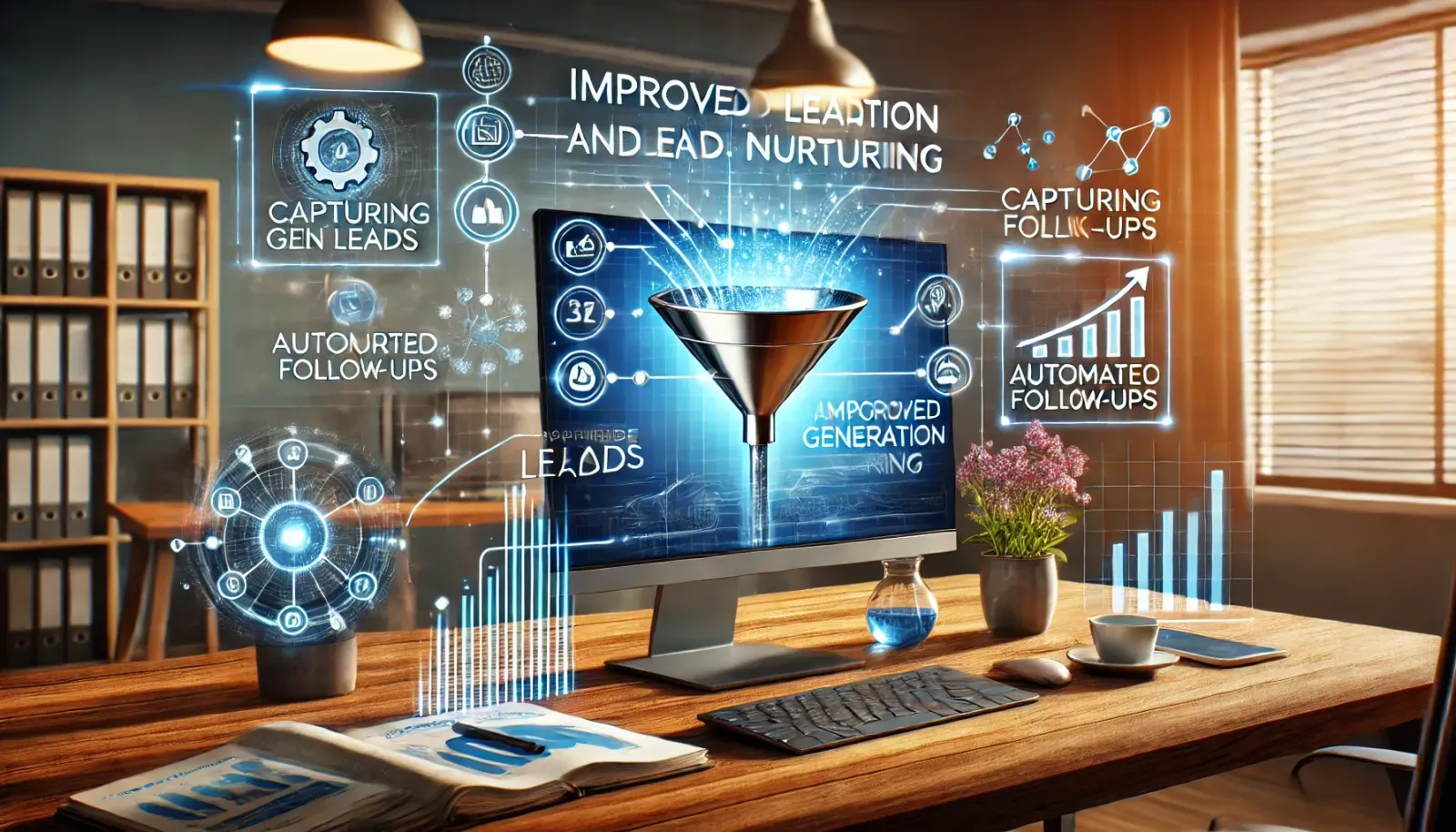
Improved Lead Generation and Nurturing
Lead generation and nurturing are critical components of any successful marketing strategy. Marketing automation can help small businesses attract, capture, and nurture leads more effectively. Automated lead generation tools can identify potential customers based on their behavior, such as visiting a website or downloading a whitepaper, and automatically add them to the sales funnel.
Once leads are captured, marketing automation can help nurture them by sending targeted content at the right time. For example, a lead who has shown interest in a particular product can be automatically sent more information about that product, along with customer testimonials and special offers. This type of personalized communication helps build trust with the lead and increases the likelihood of conversion.
"Joining this community has been a game-changer for staying updated on the latest trends & events!" - John B.
Personalized Customer Experiences
In today's competitive market, personalization is key to standing out and building strong customer relationships. Marketing automation allows small businesses to deliver personalized experiences at scale. By analyzing customer data, automation tools can tailor marketing messages to individual customers based on their preferences, behaviors, and past interactions with the brand.
For instance, if a customer frequently purchases a particular type of product, an automated system can send them personalized recommendations for similar products or notify them of upcoming sales related to their interests. This level of personalization not only enhances the customer experience but also increases the likelihood of repeat purchases and brand loyalty.
Scalability and Growth
As small businesses grow, so do their marketing needs. Marketing automation provides the scalability needed to manage increasing demands without overwhelming the business. Whether it's expanding an email list, launching new campaigns, or entering new markets, automation tools can handle the increased workload with ease.
Moreover, marketing automation allows small businesses to scale their efforts without sacrificing quality. Automated systems ensure that marketing campaigns remain consistent, even as the business grows, and provide the flexibility to adjust strategies based on changing market conditions or customer preferences.
Better Data Management and Analytics
Data is at the heart of effective marketing, and marketing automation provides small businesses with the tools to manage and analyze data more efficiently. Automated systems can collect data from various sources, such as email campaigns, social media interactions, and website analytics, and compile it into actionable insights.
These insights can then be used to refine marketing strategies, identify trends, and make data-driven decisions. For example, if data shows that a particular email campaign is generating high engagement rates, a business can replicate that campaign's success in future efforts. Conversely, if a campaign is underperforming, the business can quickly identify the issue and make necessary adjustments.
Consistency in Marketing Efforts
Consistency is key to building a strong brand identity and maintaining customer trust. Marketing automation helps small businesses maintain consistency across all marketing channels by automating repetitive tasks and ensuring that marketing messages are delivered at the right time and to the right audience.
For example, an automated social media scheduling tool can ensure that posts are consistently published across platforms, even during busy periods or holidays. Similarly, automated email campaigns can be set up to send messages at specific intervals, ensuring that customers receive regular communications without the need for manual intervention.
Improved ROI and Business Performance
Marketing automation can have a significant impact on a small business's bottom line by improving the ROI of marketing campaigns. Automated systems ensure that marketing efforts are more targeted, personalized, and efficient, leading to higher conversion rates and increased revenue.
Additionally, by reducing the time and resources needed to manage marketing campaigns, small businesses can allocate more resources to other areas of the business, such as product development or customer service. This can lead to overall improvements in business performance and growth.

Streamlining Social Media Marketing
Social media is a powerful tool for small businesses, but managing multiple platforms can be time-consuming. Marketing automation tools can help streamline social media marketing by automating tasks such as scheduling posts, monitoring engagement, and responding to customer inquiries.
For example, a business can use an automation tool to schedule posts across multiple social media platforms in advance, ensuring a consistent presence without the need for constant manual updates. Additionally, automation tools can track social media engagement, allowing businesses to quickly identify and respond to customer inquiries or feedback, improving customer satisfaction and brand reputation.
Enhanced Email Marketing Campaigns
Email marketing remains one of the most effective marketing channels for small businesses. Marketing automation can enhance email campaigns by automating the process of sending targeted, personalized emails to customers based on their behavior and preferences.
For example, an automated system can send a welcome email to new subscribers, followed by a series of emails introducing them to the business and its products. Additionally, automation can be used to send personalized offers or product recommendations based on a customer's purchase history or browsing behavior. This level of personalization can significantly increase email open rates, click-through rates, and conversions.
Automation and Customer Segmentation
Customer segmentation is the process of dividing customers into groups based on specific criteria, such as demographics, behavior, or purchasing history. Marketing automation tools can automate this process, allowing small businesses to create highly targeted marketing campaigns for each segment.
For example, a business can create different email campaigns for customers who have made a purchase in the last six months versus those who haven't. By tailoring the message to each segment, businesses can increase the relevance of their marketing efforts and improve engagement and conversion rates.

Lead Scoring and Prioritization
Lead scoring is a method of ranking leads based on their likelihood to convert into customers. Marketing automation tools can automate this process by assigning scores to leads based on their behavior, such as website visits, email opens, or social media interactions.
By automating lead scoring, small businesses can prioritize their efforts on the leads most likely to convert, ensuring that sales teams focus their time and resources on high-quality prospects. This can lead to higher conversion rates and a more efficient sales process.
Nurturing and Converting Leads
Once leads have been identified and scored, marketing automation can help nurture them through the sales funnel with targeted content and communications. Automated drip campaigns, for example, can send a series of emails to leads over time, gradually moving them closer to making a purchase.
These campaigns can be tailored to the lead's behavior and preferences, providing relevant information and offers that address their specific needs and pain points. By nurturing leads in this way, small businesses can build trust and credibility, increasing the likelihood of conversion.
Building Long-Term Customer Relationships
Marketing automation is not just about generating leads and driving sales; it's also about building long-term relationships with customers. By automating customer communications, businesses can stay in touch with customers after the sale, fostering loyalty and encouraging repeat business.
For example, an automated system can send follow-up emails after a purchase, thanking the customer for their business and providing additional information about how to use the product or service. Additionally, automation tools can be used to send personalized offers or recommendations based on the customer’s past purchases, further strengthening the relationship.
Marketing automation also helps in maintaining consistent communication with customers over time. Birthdays, anniversaries, or other special occasions can be automated triggers for sending personalized messages, which helps in keeping the brand top of mind and deepening customer loyalty. By continuously engaging with customers in a meaningful way, small businesses can turn one-time buyers into lifelong customers.

Optimizing Content Marketing Strategies
Content marketing is a vital strategy for attracting and engaging customers, but it can be resource-intensive. Marketing automation can streamline content marketing efforts by scheduling and distributing content across multiple channels, tracking performance, and adjusting strategies based on data.
For instance, businesses can automate the publishing of blog posts, social media content, and newsletters, ensuring that content is consistently delivered to the audience without manual intervention. Additionally, automation tools can analyze which pieces of content are resonating most with the audience, allowing businesses to refine their content strategy and focus on creating more of what works.
Automation can also help in repurposing content across different channels. A blog post can be automatically turned into a series of social media posts, an email newsletter, or even a video script, maximizing the reach and impact of the content. By automating these processes, small businesses can ensure that their content marketing efforts are efficient, effective, and scalable.
Integrating Marketing Automation with Other Tools
Another significant benefit of marketing automation for small businesses is the ability to integrate it with other tools and platforms. Many marketing automation systems can seamlessly integrate with CRM systems, email marketing platforms, social media management tools, and eCommerce platforms, creating a unified and streamlined workflow.
This integration allows small businesses to have a holistic view of their marketing efforts and customer interactions. For example, integrating a marketing automation tool with a CRM system enables businesses to track the entire customer journey, from the first interaction to the final sale and beyond. This comprehensive view helps in making more informed decisions and optimizing the overall marketing strategy.
Furthermore, by integrating marketing automation with analytics tools, businesses can gain deeper insights into campaign performance and customer behavior. This data-driven approach allows for continuous improvement and refinement of marketing tactics, ensuring that efforts are always aligned with business goals.
Automation and Customer Retention
Customer retention is a critical aspect of long-term business success, and marketing automation can play a significant role in keeping customers engaged and satisfied. Automated systems can monitor customer activity and trigger personalized messages or offers when certain behaviors are detected, such as a lapse in purchases or a decline in engagement.
For example, if a customer hasn’t made a purchase in several months, an automated system can send a re-engagement email with a special discount or offer, encouraging them to return. Similarly, if a customer frequently purchases a particular product, automation tools can notify them of related products or upcoming sales, making them feel valued and keeping them engaged with the brand.
By proactively addressing customer needs and preferences through automated communications, small businesses can significantly improve their retention rates. This not only helps in maintaining a steady revenue stream but also reduces the cost of acquiring new customers.
The Flexibility of Marketing Automation for Different Industries
One of the strengths of marketing automation is its versatility. It can be adapted to suit the needs of various industries, whether a business operates in retail, services, healthcare, or technology. This flexibility makes marketing automation a valuable tool for any small business looking to enhance its marketing efforts.
For example, in the retail industry, marketing automation can manage customer loyalty programs, send personalized product recommendations, and automate abandoned cart emails. In the service industry, it can automate appointment reminders, follow-up communications, and customer feedback requests. For healthcare providers, automation can help manage patient communications, appointment scheduling, and health education campaigns.
No matter the industry, marketing automation can be customized to fit the specific needs and goals of the business, ensuring that the automation strategy aligns with overall business objectives.
Overcoming Challenges with Marketing Automation
While marketing automation offers numerous benefits, it’s important for small businesses to be aware of potential challenges and how to overcome them. One common challenge is the initial setup and learning curve associated with implementing automation tools. Small businesses may need to invest time and resources in selecting the right tool, configuring it to meet their needs, and training staff to use it effectively.
To overcome this, businesses should start by clearly defining their marketing goals and identifying the specific processes that would benefit most from automation. Choosing a user-friendly tool with strong customer support and training resources can also make the transition smoother. Additionally, starting with a few key automated processes and gradually expanding can help ease the learning curve and ensure that the business gets the most out of the technology.
Another challenge is ensuring that automation doesn’t lead to impersonal communication. While automation is excellent for efficiency, it’s important to maintain a personal touch in customer interactions. Businesses should use automation to complement, rather than replace, human engagement. Personalization features, such as dynamic content and customer segmentation, can help ensure that automated communications still feel personal and relevant.
The Future of Marketing Automation for Small Businesses
As technology continues to advance, the future of marketing automation looks bright, especially for small businesses. Emerging trends such as artificial intelligence (AI), machine learning, and predictive analytics are poised to further enhance the capabilities of marketing automation tools.
AI and machine learning can analyze vast amounts of data to predict customer behavior and optimize marketing campaigns in real-time. For example, AI can identify the best times to send emails to individual customers, predict which products they are most likely to buy, and automatically adjust marketing strategies based on these insights. This level of automation will allow small businesses to deliver even more personalized and effective marketing campaigns, further leveling the playing field with larger competitors.
Moreover, as marketing automation tools continue to evolve, they are becoming more accessible and affordable for small businesses. Many software providers are offering scalable pricing models, making it easier for small businesses to start with basic automation features and upgrade as they grow. This accessibility ensures that even the smallest businesses can benefit from the efficiencies and insights provided by automation.
Common Misconceptions About Marketing Automation
Despite its many benefits, there are still some common misconceptions about marketing automation that can prevent small businesses from fully embracing it. One such misconception is that marketing automation is only for large businesses with extensive resources. In reality, marketing automation is highly scalable and can be tailored to the specific needs and budgets of small businesses. Even basic automation tools can provide significant time savings and efficiency improvements.
Another misconception is that marketing automation leads to a loss of control over marketing efforts. Some business owners worry that automation will result in generic, impersonal communications or that they will lose the ability to adapt quickly to changes in the market. However, most marketing automation tools are highly customizable, allowing businesses to maintain control over the content, timing, and targeting of their campaigns. Automation should be seen as a way to enhance and streamline marketing efforts, not replace the strategic thinking behind them.
Case Studies: Marketing Automation Success Stories for Small Businesses
To illustrate the power of marketing automation, let’s look at a few case studies of small businesses that have successfully implemented automation and seen significant results.
- E-commerce Retailer: A small online clothing retailer implemented marketing automation to manage their email marketing campaigns. By segmenting their customer base and sending personalized product recommendations based on past purchases, they saw a 40% increase in email open rates and a 25% increase in sales within six months. Automation also helped them recover abandoned carts by sending timely reminders to customers, resulting in a 15% reduction in cart abandonment rates.
- Service-Based Business: A small digital marketing agency used marketing automation to manage their lead generation and nurturing process. By automating follow-up emails and drip campaigns, they were able to convert 30% more leads into paying clients within the first year. The automation system also allowed them to track client interactions and tailor their services to better meet client needs, leading to higher client satisfaction and retention.
- Non-Profit Organization: A non-profit organization implemented marketing automation to streamline their donor communications. By automating donation thank-you emails and personalized donor updates, they were able to increase donor retention rates by 20% and boost overall donations by 35% in one year. The automation tool also helped them manage event registrations and communications, freeing up staff to focus on other important tasks.
These examples demonstrate how marketing automation can be a powerful tool for small businesses across different industries, driving growth, efficiency, and customer satisfaction.
"Joining this community has been a game-changer for staying updated on the latest trends & events!" - John B.
Conclusion
Marketing automation offers a multitude of benefits for small businesses, from increased efficiency and productivity to improved customer relationships and higher ROI. By automating repetitive tasks, small businesses can focus on more strategic activities, deliver personalized customer experiences, and scale their marketing efforts as they grow. Despite some challenges and misconceptions, the future of marketing automation is bright, and its potential to transform small business marketing is undeniable.
For small businesses looking to stay competitive in today’s digital landscape, embracing marketing automation is not just an option—it’s a necessity. By leveraging the power of automation, small businesses can not only survive but thrive, building strong customer relationships, driving sales, and achieving sustainable growth.
Frequently Asked Questions
What is marketing automation and why is it important for small businesses?
Marketing automation refers to the use of software to automate repetitive marketing tasks, such as email marketing, social media posting, and lead nurturing. It is important for small businesses because it increases efficiency, saves time, and allows businesses to deliver personalized marketing campaigns, even with limited resources.
What is marketing automation and why is it important for small businesses?
Marketing automation refers to the use of software to automate repetitive marketing tasks, such as email marketing, social media posting, and lead nurturing. It is important for small businesses because it increases efficiency, saves time, and allows businesses to deliver personalized marketing campaigns, even with limited resources.
How can marketing automation improve customer relationships?
Marketing automation improves customer relationships by enabling businesses to send personalized communications based on customer behavior and preferences. This helps in building stronger connections with customers, improving engagement, and increasing customer loyalty.
Is marketing automation expensive for small businesses?
Marketing automation can be cost-effective for small businesses, especially when compared to the costs of hiring additional staff or outsourcing marketing tasks. Many automation tools offer scalable pricing plans, allowing businesses to start small and upgrade as they grow.
Can marketing automation work for all industries?
Yes, marketing automation is versatile and can be adapted to suit the needs of various industries, including retail, services, healthcare, and non-profits. It can help businesses in any industry streamline their marketing efforts and achieve better results.
How does marketing automation help with lead generation?
Marketing automation helps with lead generation by automatically capturing and nurturing leads through targeted campaigns. Automated tools can identify potential customers based on their behavior and move them through the sales funnel with personalized communications, increasing the chances of conversion.
What are the future trends in marketing automation?
Future trends in marketing automation include the increased use of artificial intelligence (AI) and machine learning, which will enhance the ability to predict customer behavior and optimize marketing strategies in real-time. These advancements will make marketing automation even more powerful and accessible for small businesses.


